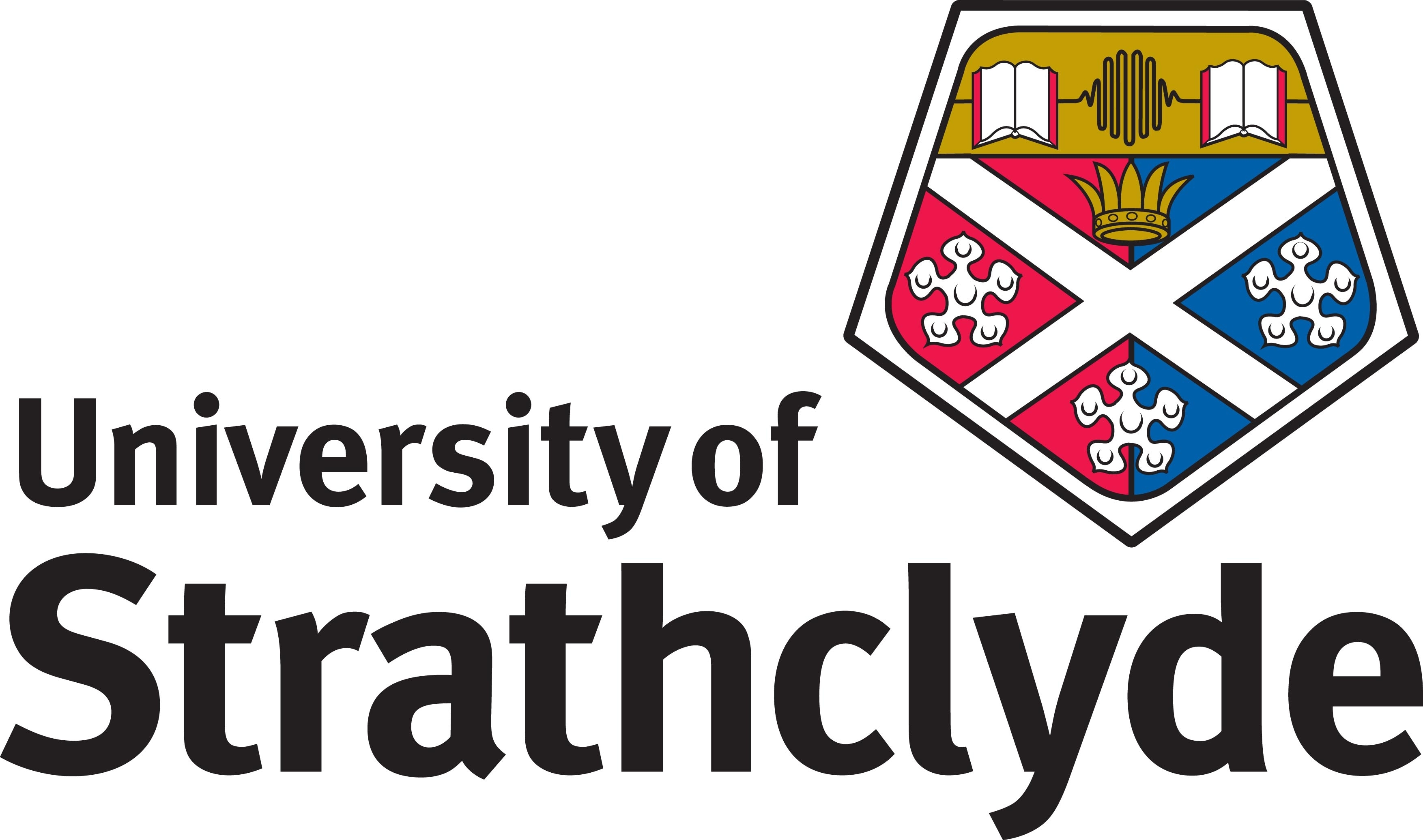The project
The UK government has set a new ambitious target of 40GW of offshore wind energy by 2030, aiming to produce sufficient wind capacity to power every UK home. The size of offshore wind turbines is increasing rapidly and continued optimisation in installation and design is key to the sustained expansion of the industry. Impact-driven monopiles remain the foundation of choice and accurate prediction of monopile driving behaviour is key to (i) choosing the optimal hammer size, (ii) ensuring that driving does not induce excessive fatigue stresses in the pile and (iii) avoiding an installation failure from refusal or free fall under self-weight.
Industry currently relies on empirical methods to estimate soil resistance to driving (SRD) combined with soil rheological models built into wave equation software. Prediction of monopile installation behaviour has been shown to be uncertain using currently available empirical methods developed from a small database of long slender piles for the oil and gas industry. Given the large-scale nature of next-generation offshore wind farms (OWF), considerable savings (installation failures lead to multi-million pound remediation costs) can be realised if a more optimal, automated and adaptive approach to driveability prediction is adopted. The proposed framework uses Bayesian machine learning fused with conventional wave equation analysis to develop an up-to-date ‘uncertainty-quantified’ pile installation forecasting model. The tool will be rigorously validated using driving data from real-world OWF sites provided by industry partners. The research will develop new reliable tools for use by practitioners to predict the safe installation of monopile foundations.
Dr Brian Sheil - Principal Investigator
Dr Brian Sheil studied Civil Engineering for his undergraduate degree at the National University of Ireland, Galway (NUIG). His PhD was a collaboration between NUIG and the University of California, Berkeley on the behaviour of pile group foundations. In 2014, Brian joined the University of Oxford as a postdoctoral researcher in experimental geotechnics focused on industry-funded research projects and was subsequently promoted to departmental lecturer in geotechnical engineering in January 2017.
He took up his current position as a Royal Academy of Engineering Research Fellow at Oxford in March 2018. He is also a Junior Research Fellow and Stipendiary Lecturer at St Catherine’s College and a Non-Stipendiary Lecturer at Mansfield College. In January 2021, Brian was also appointed to the position of Honorary Research Senior Lecturer at NUIG. He is the PI of the EPSRC-funded FOCUS project aiming to inject new science and technology into underground construction operations in collaboration with a range of industry partners.











